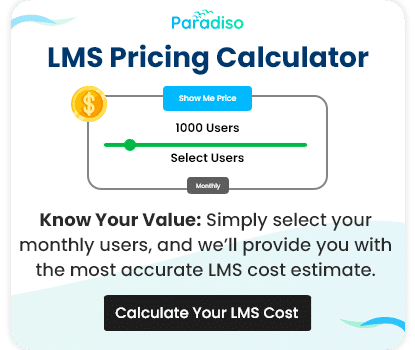Welcome to the era of digital advancement, where our trusty mobile devices are practically extensions of our hands! If you’re an experienced educator, a passionate learner, or a forward-thinking corporate trainer, chances are you’ve already witnessed the extraordinary power of mobile learning management systems (LMS).
These tools have completely transformed the landscape of education, learning, and skill development in our fast-paced, ever-evolving world. However, with an overwhelming array of options available, how do you select the ideal LMS to meet your unique needs?
In this comprehensive guide, we will take an in-depth journey into the world of mobile learning management systems, exploring the advantages, disadvantages, and target users of 16 popular LMS choices. Consider us your friendly, knowledgeable, and slightly unconventional tour guides, ready to unveil the captivating universe of mobile learning. Rest assured; we’ve gone the extra mile to help you find your perfect LMS match. Let’s embark on this exciting quest together!
















